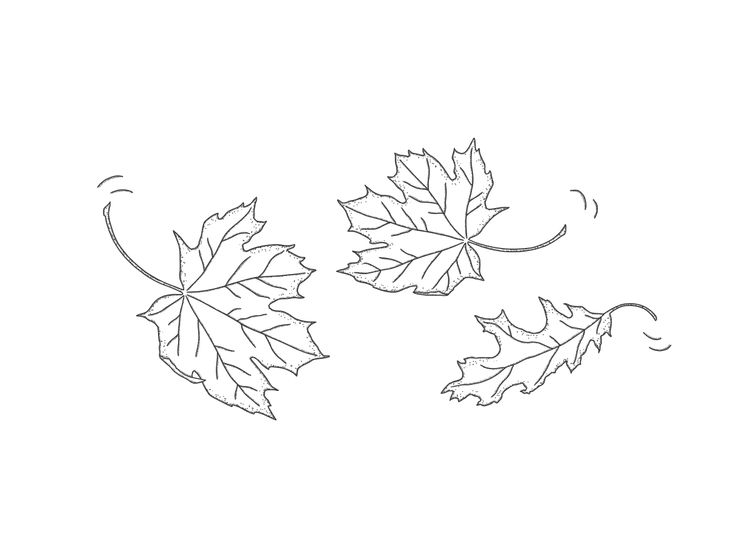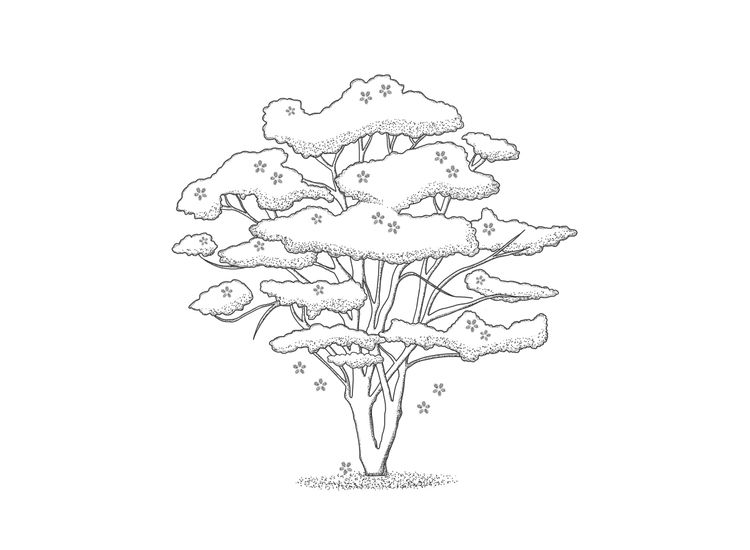Winter

For Jill.
Winter is a season of retreat. It is a time for solitude and rest, away from the world. In winter, we hide ourselves away in darkness and in sleep. It is a time for preservation, for quiet and for reflection. In winter's stillness we find clarity.
In winter, we embrace the cold and dark. We allow the sorrows of the world into us. We surrender ourselves to our pain. We let it work its change in us. We let it turn us red and raw. We let it soften us, lest it close our hearts to the world.
Winter is a time of hidden renewal. It is the most misunderstood season. Beneath the frozen ground, life's roots prepare themselves for the sun's return, finding deeper purchase in the soil.
We must allow ourselves to winter. We must learn how to do it well, because life requires it. We must find the time and patience for the work of winter. We must slow ourselves to its pale energies. We must embrace our winters with kind and loving hands, and give ourselves the grace to heal.
There are three aspects of reality, says therapist Phil Stutz in Jonah Hill's brilliant, funny, touching documentary, Stutz. (Find it on Netflix.) They are: pain, uncertainty, and constant work.
I feel relieved. Maybe I'm not so unusual after all. Maybe everyone experiences reality the way I do. Maybe life is hard, without exception. Maybe we all winter. I guess we might as well get better at it :)
Why do we find it so hard to take care of ourselves when we are sad, or bereft, or in pain? One reason might be that we measure our value in the world by the work we perform for others—as mothers, fathers, colleagues, employees. We have internalized our cult of productivity. Winter asks us to slow down—to take of ourselves, to rest, to heal. We feel bad about ourselves when we are idle.
But is our productivity the greatest gift we can give to the world? Is the highest measure of a human life our usefulness? "Usefulness, in itself, is a useless concept when it comes to humans," writes Katherine May in Wintering, a book about how to weather the difficult times in our lives.
I don't think we were ever meant to think about others in terms of their use to us. We keep pets just for the pleasure of looking after them; we voluntarily feed these extra mouths and scoop up excrement in little plastic bags, and declare it relaxing. We channel our adoration towards the most helpless citizens of all—babies and children—for reasons that have nothing to do with their future utility. We flourish on caring, on doling out love. The most helpless members of our families and communities are what stick us together. It's how we thrive.
If, then, it is the love we give that is the true measure of our worth, should we not live in ways that protect and nurture our capacity to give it? When we are depleted and in need of care, we have no love to give. We must replenish ourselves first.
Winter came upon me suddenly this year. I was in Brooklyn, staying a couple of blocks from where my sister got married, on Wythe Avenue in Williamsburg. That winter was bitterly cold, but I felt this year's mild damp more keenly, as an icy blast.
I felt it as physical pain. I became distraught—the same way animals become distraught, with an anxious energy that cannot find a purchase, that fails to alight on anything. I found myself incapable of following the world outside me. It was sliding through and past me. My senses felt wrapped in damp, heavy wool.
I had brought my coziest clothes with me. I swaddled myself in hoodies and oversized shirts lined with fleece and disappeared, into my own confusion.
Retreat, hell! We're just advancing in a different direction!
Major General Oliver Smith, outnumbered four to one, Choisin Reservoir, Korea, November 1950.
Each week I explore a life metaphor that has touched me in my coaching. Subscribe to get my scribblings every Sunday morning. You can also follow me on Medium, or on LinkedIn. Feel free to forward this to a friend, colleague, or loved one, or anyone you think might benefit from reading it.



